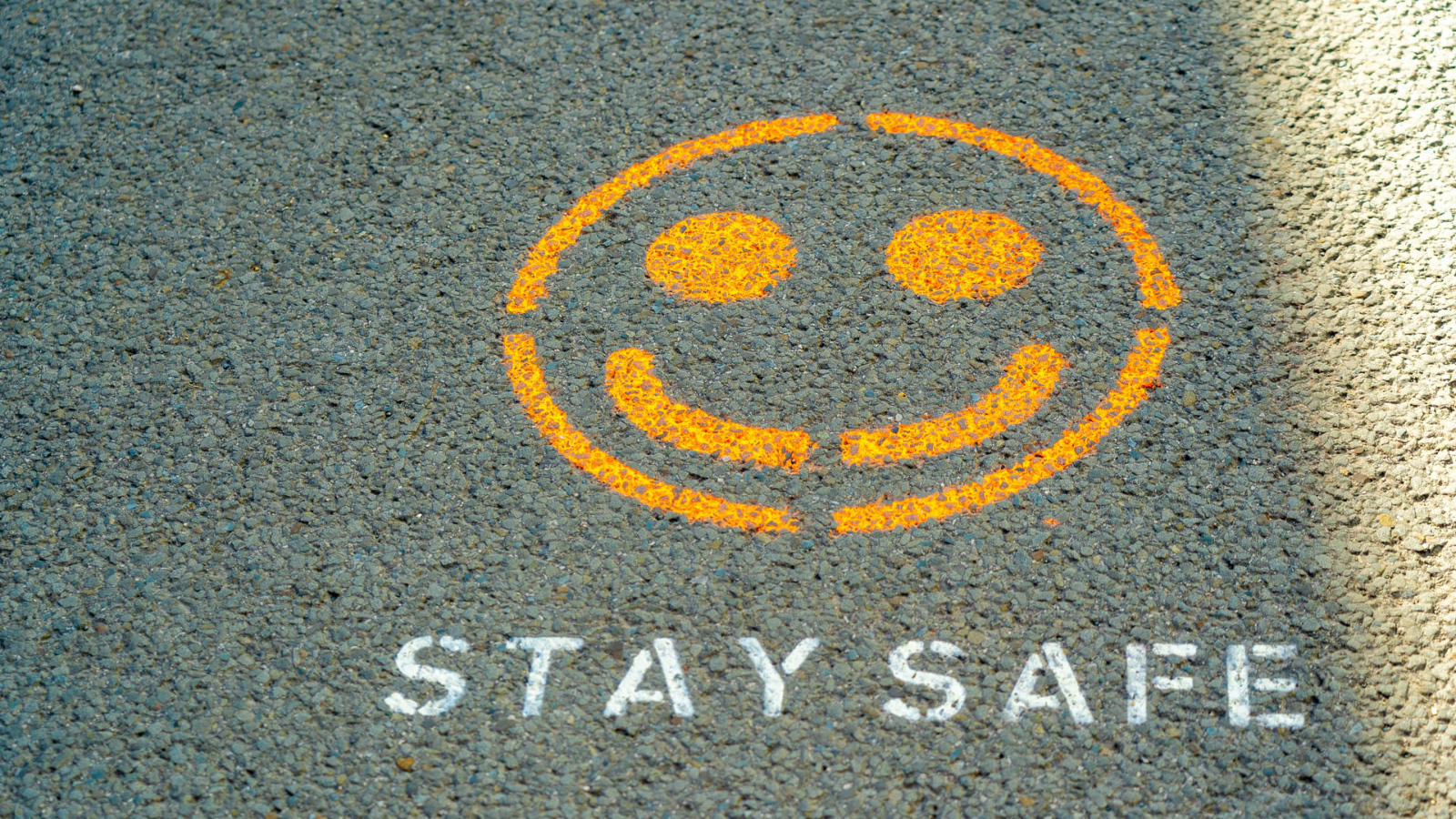
Please see below some general advice from Dr Fratta and Dr Rinaldi at UCL with regard to Kennedys Disease and the COVID 19 virus.
23 February 2020
This is advice for Kennedy’s disease in regard to COVID-19. It is a rapidly changing field. We will update our advice as we learn more. What follows below should be considered general advice.
COVID-19 is a disease caused by a new coronavirus that affects the lungs and airways. It is related to viruses that cause the common cold. Unlike the common cold, this virus is new, so nobody has immunity to it. The entire population is therefore at risk of catching it. It is estimated that as many as 80% of people who catch the virus may experience relatively mild or no symptoms but are able to pass on the infection to others. People who do develop symptoms are at risk of passing it on to others for up around 7 days before symptoms emerge. The commonest symptoms are high fever, cough, or shortness of breath. People aged over 70, with long-term conditions or a weakened immune system are at risk of developing complications of the infection, including secondary lung infections or damaging excess activity of the immune system.
Social distancing reduces the risk of catching COVID-19, but self-isolation is the most effective means of avoiding infection. Public Health England has published guidance on minimising the risk of catching or passing on COVID-19: https://www.gov.uk/government/publications/covid-19-guidance-on-social-distancing-and-for-vulnerable-people.
Kennedy’s disease is a slowly progressive genetic neuromuscular condition and sufferers may range from young individuals with very mild muscular symptoms and no respiratory involvement, to people with significant motor disability and respiratory involvement, making a single general advice, solely based on the genetic diagnosis of Kennedy’s disease, not helpful.
The most important point is that Kennedy’s disease may cause respiratory impairment, and this does determine an increased risk with COVID-19. Other non-neurological conditions that can associate to Kennedy’s disease, such as type-2 diabetes, also increase the risk.
We recommend self-isolation for people in the high-risk category, including all Kennedy’s sufferers who manifest any respiratory symptoms (shortness of breath), or are aged 60 and older. We recommend strict social distancing for all people with Kennedy’s, their carers and family. We have been specifically asked if self-isolation is an excessive measure by Kennedy’s sufferers who are younger than 60, do have clear weakness and are unsure whether their respiratory system is compromised. Our response is that self-isolation is a very reasonable measure in these cases.
In case of symptoms, inform your doctor. Fever can be managed with paracetamol. Ibuprofen and similar anti-inflammatory drugs have been linked with worsening of COVID-19 symptoms, and although this has not yet been confirmed, they should be avoided. In most cases rest and home isolation (i.e. separating yourself from other people in the house) are sufficient.
Should you experience any of the followings, get medical attention:
• Difficulty breathing or shortness of breath
• Persistent pain or pressure in the chest
• New confusion or inability to arouse
• Bluish lips or face
For any queries, you can contact sbma@ucl.ac.uk
Other useful resources can be found at: https://www.kennedysdisease.org/
The Queen Square Kennedy’s Disease Clinical and Research Team
